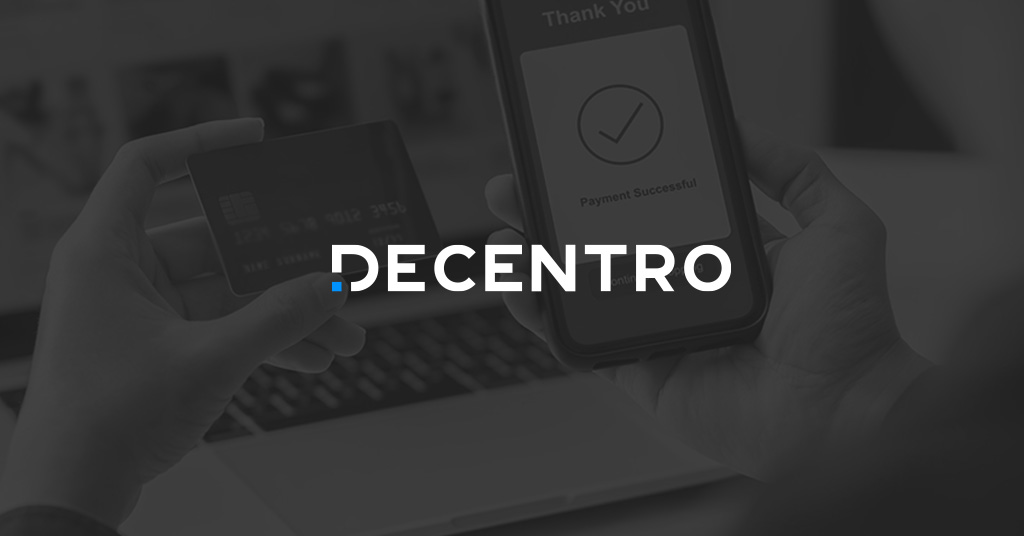Decentro Launches Flow 2.0: Revolutionizing the Future of Online Payments
After obtaining final approval to operate as an online payment aggregator in February of this year, the company has launched its most recent solutions. The company will be able to regulate merchant settlements and other transaction processes as a result of the banking regulator’s license. Flow 2.0 will allow enterprises to execute transactions within frameworks that have been approved by the Reserve Bank of India. Presently, the organization serves clients including Volopay, Kodo, and Shiprocket.
The online payment aggregator license has been granted to 22 companies this year, including Decentro. The company will now be directly subject to the RBI’s compliance obligations upon receiving approval from the regulator. In 2022, Rapyd Ventures, Leonis VC, and Uncorrelated Ventures contributed $4.7 million to the company’s Series A funding round.
Read: Top 10 Neobank Companies of the Fintech World
It is supported by Indian angel investors, including Kunal Shah of Cred, Lalit Keshre, co-founder and CEO of Groww, and Beerud Sheth, co-founder and CEO of Gupshup, among others. The Bengaluru-based fintech infrastructure platform primarily targets large merchants and onboards approximately 40 of these entities on a monthly basis.
Industry Comments
“The key use cases for UPI collections will be e-commerce, logistics, last-minute delivery, hyperlocal commerce, gaming, edtech, among others. We will have recurring payments come out by early to mid-June. This would include E-National Automated Clearing House (E-NACH), setting up the mandates with use cases of subscriptions, investments, credit,” said Rohit Taneja, co-founder and chief executive officer (CEO), Decentro.
Read: Top 10 Neobank Companies of the Fintech World
We will be covering more such updates on Fintech Technology Insights.





